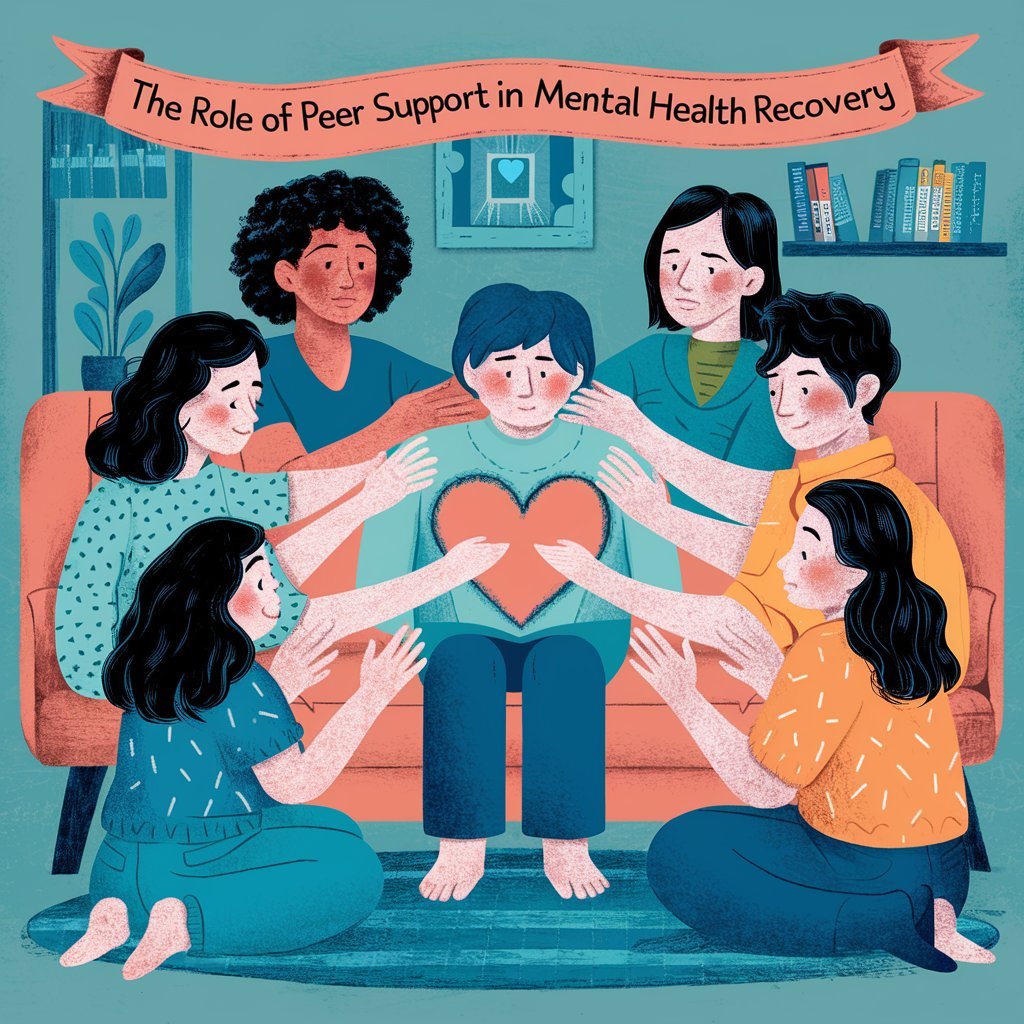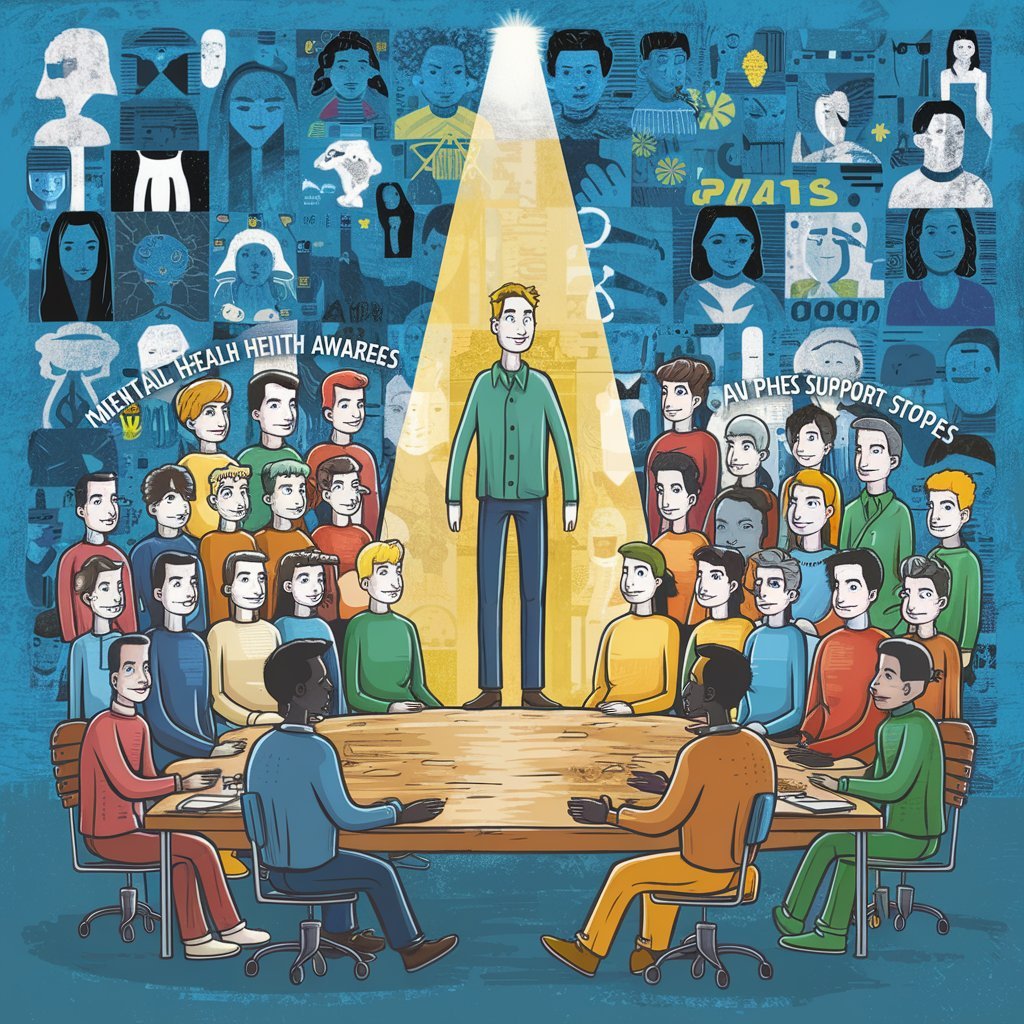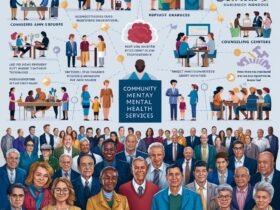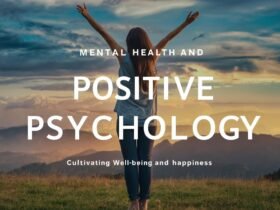The Role of Peer Support in Mental Health Recovery
Hey there, my young and resilient friends! It’s your mental health buddy, Nita Sharda, here to talk about a topic that’s super important for anyone who’s ever struggled with their mental health – the role of peer support in recovery.
Now, I know that when we’re going through a tough time, it can feel like we’re all alone in the world. Like no one else could possibly understand what we’re going through, or know how to help us get through it.
But the truth is, there are so many people out there who have been through similar struggles, and who have come out the other side stronger, wiser, and more compassionate than ever before. And those people? They’re called peers.
What is Peer Support?

So, what exactly is peer support? In the simplest terms, peer support is when people who have gone through similar experiences come together to offer each other encouragement, advice, and understanding.
It’s kind of like having a group of friends who really “get” you, because they’ve been there too. They know what it’s like to feel anxious, depressed, or overwhelmed, and they can offer you practical tips and emotional support based on their own experiences.
Peer support can take many different forms, like:
- One-on-one conversations with a peer who has been through a similar experience
- Support groups where people with similar struggles come together to share their stories and offer each other encouragement
- Online communities and forums where people can connect with others who understand what they’re going through
- Peer-led workshops and classes on topics like coping skills, self-care, and recovery
The beauty of peer support is that it’s all about connection and empowerment. It’s about reminding us that we’re not alone, and that we have the strength and resilience within us to overcome even the toughest challenges.
The Benefits of Peer Support
So, why is peer support so important for mental health recovery? Well, there are actually a ton of reasons! Here are just a few:
Reducing isolation and loneliness
When we’re struggling with our mental health, it’s easy to feel like we’re all alone in the world. We might feel like no one understands what we’re going through, or like we’re the only one who’s ever felt this way.
But when we connect with peers who have been through similar experiences, it can be a huge relief. Suddenly, we realize that we’re not alone, and that there are people out there who really “get” us.
This sense of connection and belonging can be incredibly healing, and can help reduce feelings of isolation and loneliness that often come with mental health struggles.
Offering hope and inspiration
When we’re in the midst of a mental health crisis, it can be hard to see a way out. We might feel like things will never get better, or like we’re destined to feel this way forever.
But when we hear the stories of peers who have been through similar struggles and come out the other side, it can be incredibly inspiring. It can give us hope that recovery is possible, and that we too have the strength and resilience to overcome our challenges.
Seeing others who have been where we are and have found a way to heal and thrive can be a powerful motivator, and can help us stay committed to our own recovery journey.
Providing practical tips and coping strategies
One of the best things about peer support is that it’s not just about emotional support – it’s also about practical advice and coping strategies.
Peers who have been through similar experiences can offer us tips and tricks that have worked for them, like:
- Mindfulness techniques to help manage anxiety
- Self-care routines to promote healing and well-being
- Communication strategies to help us express our needs and boundaries
- Resources and referrals for additional support and treatment
By learning from the experiences of others, we can add new tools to our own coping toolbox, and feel more equipped to handle whatever challenges come our way.
Empowering us to take charge of our own recovery
Perhaps the most powerful benefit of peer support is that it empowers us to take charge of our own recovery journey.
When we connect with peers who have been through similar struggles, we realize that we’re not just passive recipients of treatment – we’re active participants in our own healing.
We learn that we have the power to make choices that support our mental health, to advocate for ourselves and our needs, and to build a life that’s meaningful and fulfilling to us.
Peer support helps us see that recovery is not just about “fixing” ourselves, but about discovering our own inner strength, resilience, and wisdom. It’s about learning to trust ourselves and our own experiences, and to use them as a guide for healing and growth.
How to Find Peer Support
So, now that we know how awesome peer support can be, how do we actually find it? Here are a few ideas:
Ask your mental health provider
If you’re already working with a therapist, counselor, or other mental health professional, they may be able to connect you with peer support resources in your community.
Many mental health clinics and organizations offer peer support groups or one-on-one peer support services, so don’t be afraid to ask!
Check out online resources
There are also tons of online resources for finding peer support, like:
- Mental health forums and discussion boards
- Social media groups and pages dedicated to mental health and recovery
- Online support groups and virtual meetings
- Mental health apps and websites that connect you with peers and resources
The great thing about online peer support is that it’s available 24/7, and you can connect with people from all over the world who understand what you’re going through.
Attend a support group
If you prefer in-person connection, you might want to check out a local support group for people with similar mental health struggles.
Many communities have support groups for things like depression, anxiety, addiction, and trauma, and these groups can be an amazing way to connect with others and find support and encouragement.
You can often find support groups through mental health organizations, community centers, or even online directories.
Start your own peer support circle
If you can’t find a peer support group that feels right for you, why not start your own?
Gather a few friends or acquaintances who have been through similar experiences, and start meeting regularly to share your stories, offer each other support, and brainstorm coping strategies.
You might be surprised at how powerful it can be to create your own little community of support and encouragement.
A Message of Hope and Encouragement
Before we wrap up, I want to take a moment to speak directly to any young people out there who might be struggling with their mental health right now.
I know how scary and overwhelming it can feel to be in the midst of a mental health crisis. I know how lonely and isolating it can be, and how hard it can be to see a way out.
But I want you to know that you are not alone, and that there is hope for healing and recovery. You are so much stronger and more resilient than you even know, and you have the power within you to overcome any challenge that comes your way.
And one of the most powerful tools you have in your recovery journey is the support and encouragement of peers who have been where you are, and who believe in you and your ability to heal.
So don’t be afraid to reach out for help, to connect with others who understand what you’re going through, and to lean on the wisdom and strength of those who have walked this path before you.
Remember, recovery is not a straight line – it’s a winding path with ups and downs, twists and turns. But every step you take, no matter how small, is a step towards healing and growth.
And with the support of peers who believe in you, who encourage you, and who remind you of your own inner strength, you can keep moving forward, one day at a time.
So keep shining your light, my young warriors. Keep reaching out for help, keep connecting with others, and keep believing in yourselves and your own beautiful, unique journey.
And know that your mental health buddy Nita is always here, cheering you on and sending you all the love and virtual hugs in the world.
You’ve got this, my friends. Keep going, keep growing, and keep spreading that magic wherever you go.













Leave a Reply